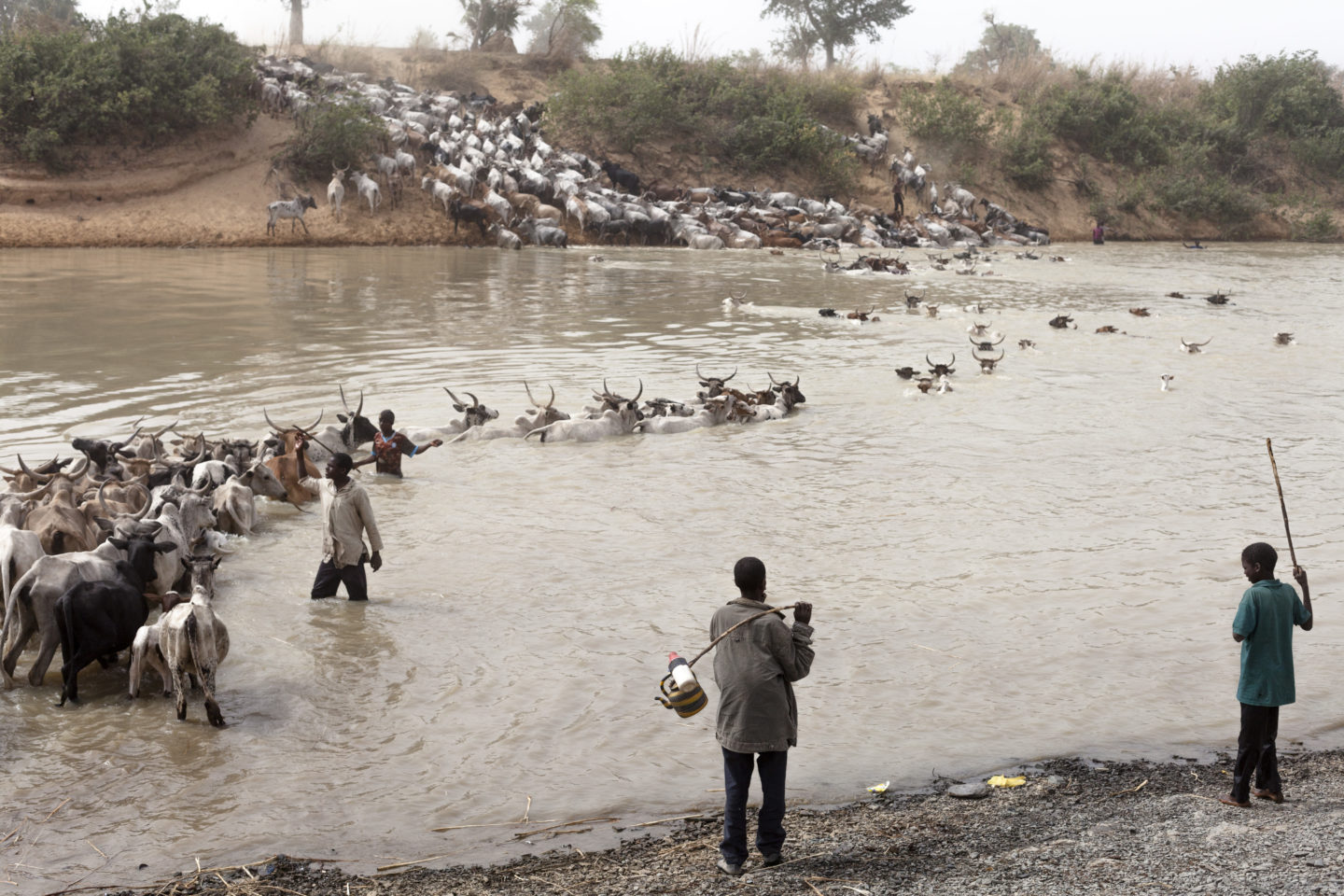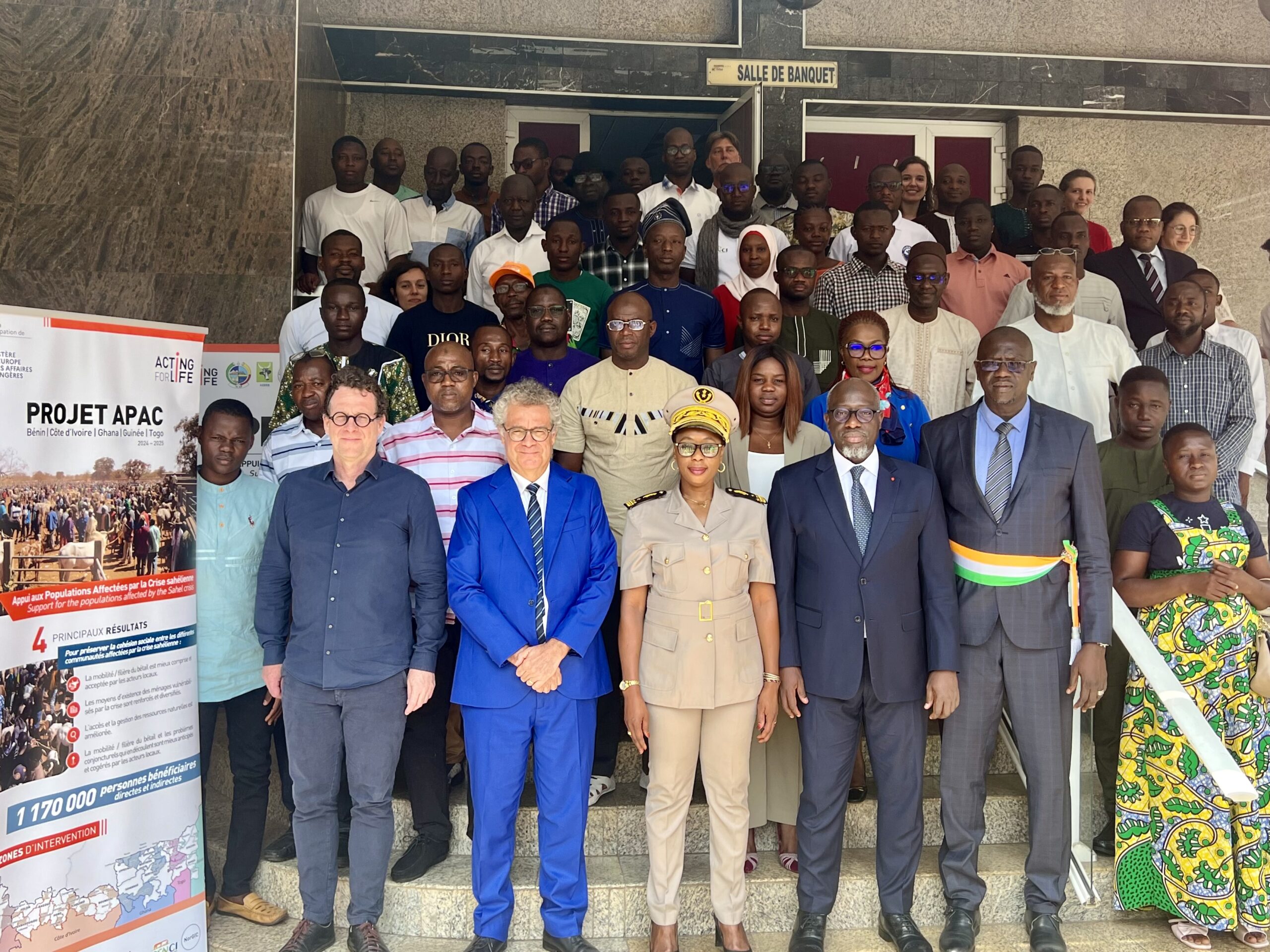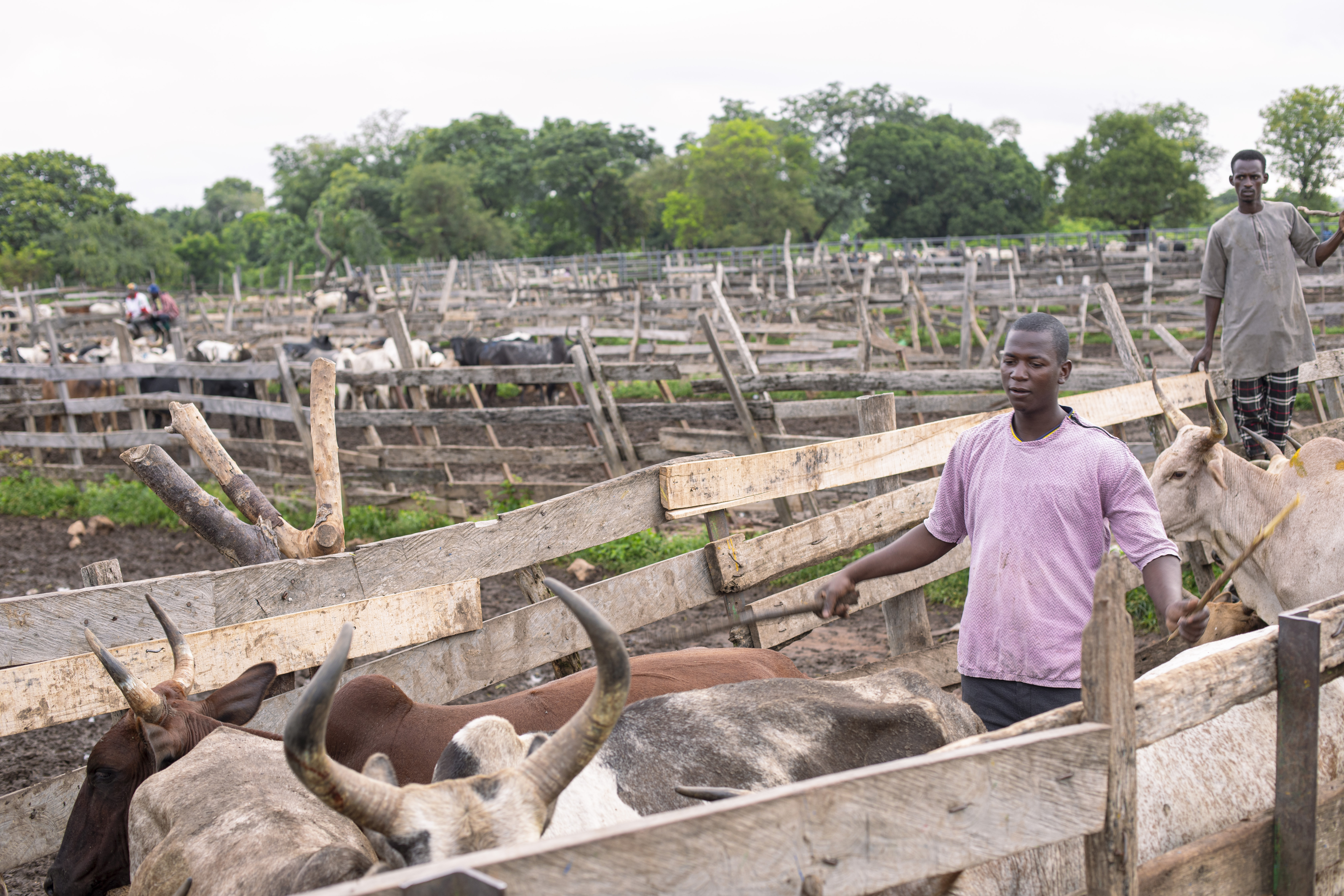Acting for Life supports the adoption of an International Year of Rangelands and Pastoralists
Acting for Life is taking part in the adoption of an International Year of Rangelands and Pastoralists at the initiative of the Government of Mongolia, and is asking the Ambassador and Permanent Representative of France to the United Nations in Rome to support this resolution.
Your Excellency,
As a French NGO and network that has been accompanying pastoral organisations throughout the world for many years, we wish to express our support and commitment to the International Year of Rangelands and Pastoralists (IYRP), proposed by the Government of Mongolia. A resolution concerning this International Year will be discussed at the beginning of October, during the next meeting of the Committee on Agriculture (COAG) in which you represent France. It is for this reason that we are sending you this letter.
Pastoralism, a means of livelihood
Pastoralism is the main means of subsistence in many regions of the world, particularly in arid and mountainous areas, where other forms of agricultural practices are impossible. As such, it is based on specific know-how anchored in an exceptional social capital through which pastoralist families contribute to the valorisation of very large areas, by contributing to the sustainable management of uncertain and fragile ecosystems. In such territories with limited agricultural capacity, pastoralism is the main driving force of the local and regional economy : providing food for families, income and employment for pastoral communities – but also for rural areas where transhumance takes place and even urban centres and coastal regions, which benefit from regional trade and products from the agropastoralist sector. Pastoralism is also one of the methods of rearing herbivores most in tune with the challenges of preserving ecosystems, carbon sequestration, preserving biodiversity and adapting to climate change.
But a way of life threatened
Nevertheless, despite the many benefits of pastoralism – recognised by several major political commitments in the past decade – pastoralist families face major challenges that threaten their way of life. They suffer from socio-cultural, political and environmental marginalisation, exclusion from policy dialogue, inequitable conditions for market access, and low levels of investment, resulting in limited access to basic services and infrastructures. They suffer the effects of unfavourable policies that lead to growing land insecurity, numerous obstacles to mobility, and the undermining of alliances and economic exchanges that create social links between communities. In some areas, pastoralist societies are also among the first victims of security crises that undermine their economy and identity.
An International Year for enhancing the essential roles of pastoralists and pastoral ecosystems
An International Year would make it possible to highlight the essential roles of pastoralists and pastoral ecosystems – and would help pastoral organisations and their partners in their dialogue with the States of the North and South to implement public policies that are truly in line with these realities.
Our organisations, committed to pastoral rural families in Europe and the South, will actively participate in the implementation of the International Year of Rangelands and Pastoralists. Through a large number of projects in Europe, the Mediterranean, the Sahel, West and East Africa, the Andes and Mongolia, we support pastoral organisations by supporting them in their initiatives to secure pastoral land tenure, sustainable management of pastoral resources (pasture, water and transhumance routes), access to markets, dialogue on pastoral development policies, defence of rights and citizenship, enhancement of pastoral sectors, setting up information mechanisms, advocacy and the prevention and management of pastoralist crises. Together, we are experimenting with mixed livestock management combining herd mobility and access to adapted forms of basic social services (civil status, education, animal and human health, etc.).
This Year would also support our advocacy towards decision-makers, so that public policies in favour of pastoralists and pasturelands are implemented and thus contribute to achieving the Sustainable Development Goals (SDGs).
Acting for Life, AVSF, GRET, Inter-réseaux and Iram therefore strongly support the government of Mongolia in its call for an International Year of Rangelands and Pastoralists and hope that the United Nations will adopt the resolution on this initiative at COAG.
We thank you for your attention to this request and send our warmest greetings to you, Your Excellency Madam Ambassador.
Signatories : Bertrand Lebel (Executive Director Acting For Life), Frédéric Apollin (Director AVSF), Luc Arnaud (Director GRET), Christophe Jacqmin (Director Inter-réseaux Développement rural), Marie Jo Demande (Director IRAM).
Read more about our Agropastoralism projects.
Discover our publications on : the issues surrounding livestock mobility in West Africa.
TRANSVERESES : discover a resource hub created for sharing information and raising awareness on the challenges of livestock breeding and pastoralism in Western and Central Africa.




